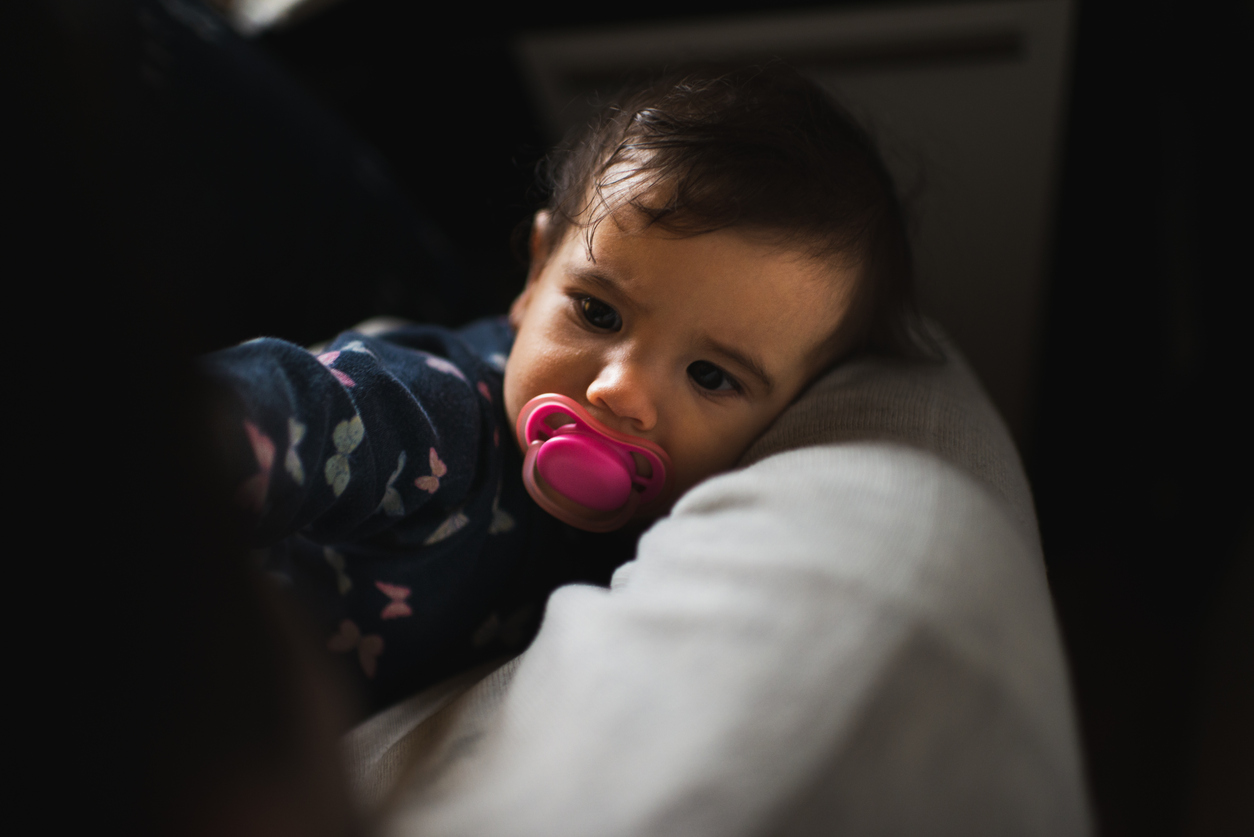A new study shows teaching caregivers to respond to their infants in ways other than feeding when they wake up at night can impact infant BMI.
Nighttime feedings can be commonly used by caregivers to soothe infants beyond six months of age, but research has shown that interventions teaching caregivers to respond in other ways, can help their infant maintain a healthy BMI. These practices should be one of several approaches involved in a multi-component childhood obesity prevention intervention.
For a study published today in Pediatric Research, researchers from PHICOR (Public Health Informatics, Computational, and Operations Research) at CUNY SPH, with support from the National Institute of Child Health and Human Development and Stanford University, built a computational model of an infant starting at six months and simulated their sleep, movement, and eating based on their caregiver’s feeding decisions until they were one year old.
The model showed that teaching caregivers to respond to their infants (six months to one year) when they wake up at night in ways other than feeding can result in a lower infant BMI percentile so that it does not approach the overweight BMI category.
“As a caregiver, it can be challenging to know what is the ‘right thing’ to do when your infant wakes up at night,” said CUNY SPH Professor Bruce Y. Lee, executive director of PHICOR. “Once your infant reaches a certain weight, it is safe to offer other alternatives than feeding them when they wake up at night. The findings show that when caregivers offer soothing techniques other than nighttime feeding, it could help maintain a healthy weight for their infant.”




